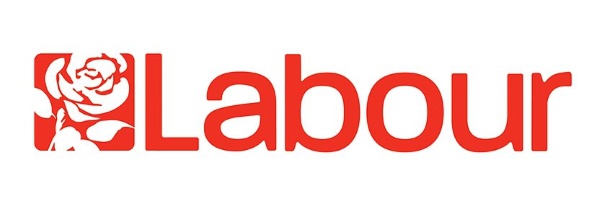
Labour has today accused the Chancellor Rishi Sunak of consigning whole sectors of the economy, which generate billions in tax revenue and employ millions of workers, to the scrap heap.
In his Winter Economic Plan the Chancellor failed to mention businesses that are not able to operate, because they are either shut down completely or trading with hugely reduced capacity including: the weddings industry, events and exhibitions, major parts of the night-time economy, festivals, sports venues and theatres. There was no acknowledgement at all about their plight or the fact that they will be forced to remain fully or mainly closed for the next six months.
New analysis by the Labour Party, using Office of National Statistics employment data shows that more than a million workers are in these sectors simply dismissed as "unviable" by the government. None of the additional measures announced by the Chancellor last week will assist them. The government’s Job Support Scheme is only open to those employers who offer their employees at least a third of their usual hours – impossible for those industries still closed. The scheme is also fundamentally flawed because, for every two members of staff, it is cheaper for a company to bring back one member of staff full-time and fire the other, than to have two workers working part time.
The failure of the government to implement an effective Test, track and trace system means that these businesses do not have any idea of when they can safely reopen.
Labour is highlighting the viable industries and employees in the North West the Chancellor has abandoned are:
- The UK’s night life industry – including 6,000 people employed in nightclubs, 42,000 people employed in pubs and bars. Either still shutdown or operating at reduced capacity and now hit by 10pm curfew.
- The events industry – including 15,000 event caterers, 950 people organising and running exhibitions and conferences.
- The creative, arts and entertainment sector including theatres and cinemas – still shut-down or operating at reduced capacity – employing 4,000 people.
- The wedding industry – The number of employees is too difficult to capture from available statistics but includes caterers, florists, photographers, dressmakers, and suppliers of all kinds. The industry has been hit by new restrictions: the number of wedding guests has been halved from 30 to 15, which will hit at least 70,000 weddings. It has been estimated the UK’s wedding industry has already lost an estimated £4.8bn as a result of coronavirus, with 127,000 nuptials postponed to 2021.
- The sports industry – employing 48,000 people.
Labour can also reveal the number of businesses across the North West dismissed by the Chancellor as unviable:
- 890 night clubs, still under lockdown and therefore unable to access the Job Support Scheme
- 80 cinemas operating at hugely reduced capacity
- 4,540 pubs and bars hit by the new 10pm curfew
- 1,750 creative and arts venues in many cases still closed
Lucy Powell MP, Shadow Minister for Business and Consumers, said:
“The Chancellor is consigning whole sectors of our economy to the scrap heap, damaging lives and livelihoods, and threatening the recovery. The failure of Ministers to ensure an effective Test, Track and Trace system means that many businesses are still fully or partially shut down. The decision to shut these firms out of the Job Support Scheme adds insult to injury.
“Labour has called for the government to come forward with an effective plan to recover jobs, retrain workers and rebuild businesses. This isn’t it. Even for those who can access it, the Job Support Scheme is badly designed and could lead to a wave of job losses, because the Chancellor’s sums do not add up for businesses. He must think again, before the jobs crisis reaches tipping point.”
Shadow Culture Secretary Jo Stevens said:
"The UK's cultural sector is a critical part of our national identity - not to mention a valuable part of the economy.
"These are skilled, specialist jobs in an industry that had been growing until the covid crisis hit.
"So far the government has promised money to prop up our theatres and concert halls but it's the people who work in them who are suffering and who are excluded from government help. The sector is braced for a winter of further job losses."
Notes:
- Employment and business figures are taken from ONS Nomis statistics unless otherwise specified.
- From 24 September, businesses selling food or drink (including cafes, bars, pubs and restaurants), social clubs, casinos, bowling alleys, amusement arcades (and other indoor leisure centres or facilities), funfairs, theme parks, and adventure parks and activities, and bingo halls, must be closed between 10pm and 5am. This will include take-aways, but delivery and drive-thru services can continue after 10pm. Cinemas, theatres and concert halls can continue beyond 10pm, but only if the performance started before 10pm, and food and drink cannot be served after 10pm. The planned return of business events and socially distanced crowds in stadia from 1 October and pilot events has now been paused.
- The Night Time Industries Association (NTIA) represents 1,200 bars, clubs, casinos and music venues. A survey recently found more than 80% of its members will have to lay off staff when the furlough scheme ends. The night time economy, is the UK's fifth-biggest industry, accounting for at least 8% of the UK's employment and annual revenues of £66bn.
- The latest ONS figures (2017) show that more than 71,000 weddings take place Oct-Jan. It is likely that number would have been a lot higher this year as lots of couples who had to postpone during lockdown moved to autumn/winter.
- The UK wedding industry has lost an estimated £4.8bn due to the coronavirus pandemic, as a significant number of weddings were cancelled or postponed. There was a 32% drop in weddings taking place in 2020, compared to the previous year, with 127,000 nuptials postponed, according to a study by Hello-safe.co.uk. The organisation Love My Dress estimates approximately 250,000 people depend on work directly related to delivering the wedding day itself with a further 150,000 estimated to work in support functions. Bridebook and the Association of British Wedding Businesses also estimate there are 500,000 people working in the wedding industry.

 Ninja Sword amnesty launched ahead of legislation change
Ninja Sword amnesty launched ahead of legislation change
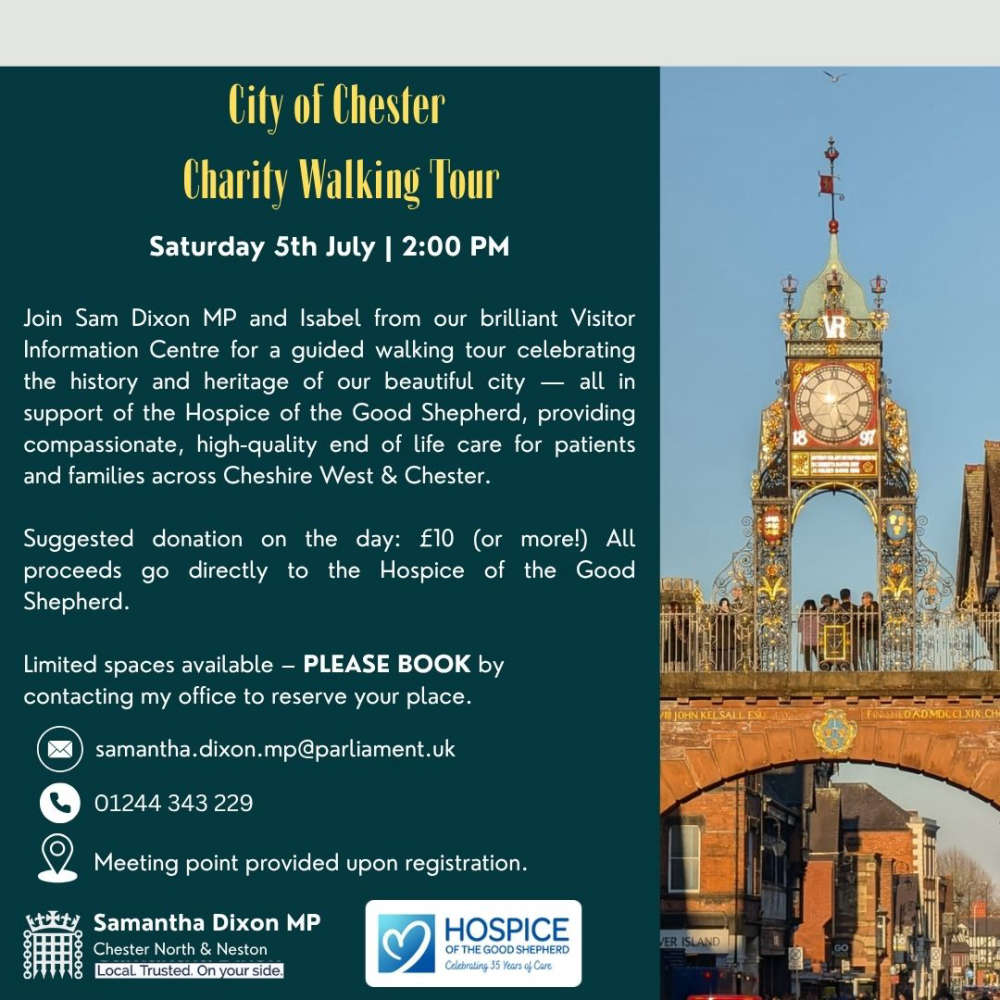 Charity Walking Tour in Support of the Hospice of the Good Shepherd
Charity Walking Tour in Support of the Hospice of the Good Shepherd
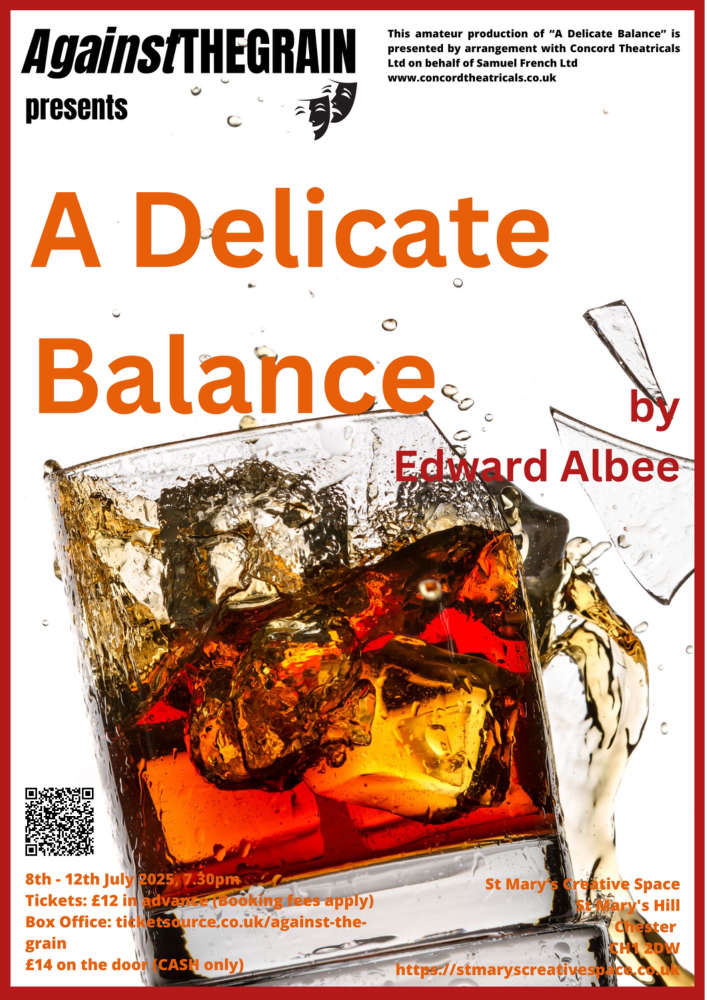 CURTAIN SET TO RISE ON BLACK COMEDY OF BAD MANNERS
CURTAIN SET TO RISE ON BLACK COMEDY OF BAD MANNERS
 Three members of Lucy Letby hospital's senior leadership team arrested
Three members of Lucy Letby hospital's senior leadership team arrested
 Man charged in relation to drugs offences in Chester
Man charged in relation to drugs offences in Chester
 FROM ORPHAN TO VILLAIN, CARLY LANDS DREAM ROLE IN MUCH-LOVED MUSICAL
FROM ORPHAN TO VILLAIN, CARLY LANDS DREAM ROLE IN MUCH-LOVED MUSICAL
 What's On At Jodrell Bank Over The Summer
What's On At Jodrell Bank Over The Summer
 Teenager summonsed to court for driving offences in Tarporley
Teenager summonsed to court for driving offences in Tarporley
 Fundraising duo from Flintshire and Essex to walk 350km in just 7 days for breast cancer charity
Fundraising duo from Flintshire and Essex to walk 350km in just 7 days for breast cancer charity
 Citizens Advice Flintshire introduce a new drop-in service
Citizens Advice Flintshire introduce a new drop-in service
 Students build Lego Lovell Telescope to celebrate cosmic legacy
Students build Lego Lovell Telescope to celebrate cosmic legacy
 Man jailed following assaults in Chester
Man jailed following assaults in Chester
 Flintshire Council fly the flag in support of Armed Forces Week
Flintshire Council fly the flag in support of Armed Forces Week
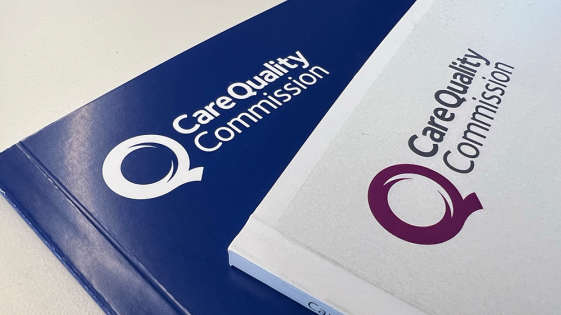 CQC takes action to protect people at Cheshire care home
CQC takes action to protect people at Cheshire care home
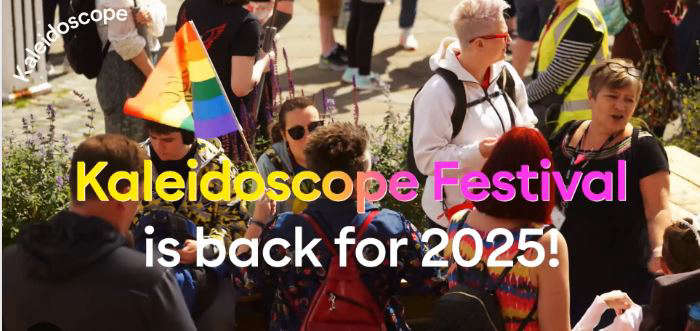 Kaleidoscope Festival Returns to Storyhouse for 2025
Kaleidoscope Festival Returns to Storyhouse for 2025
 Flintshire Futures Event
Flintshire Futures Event
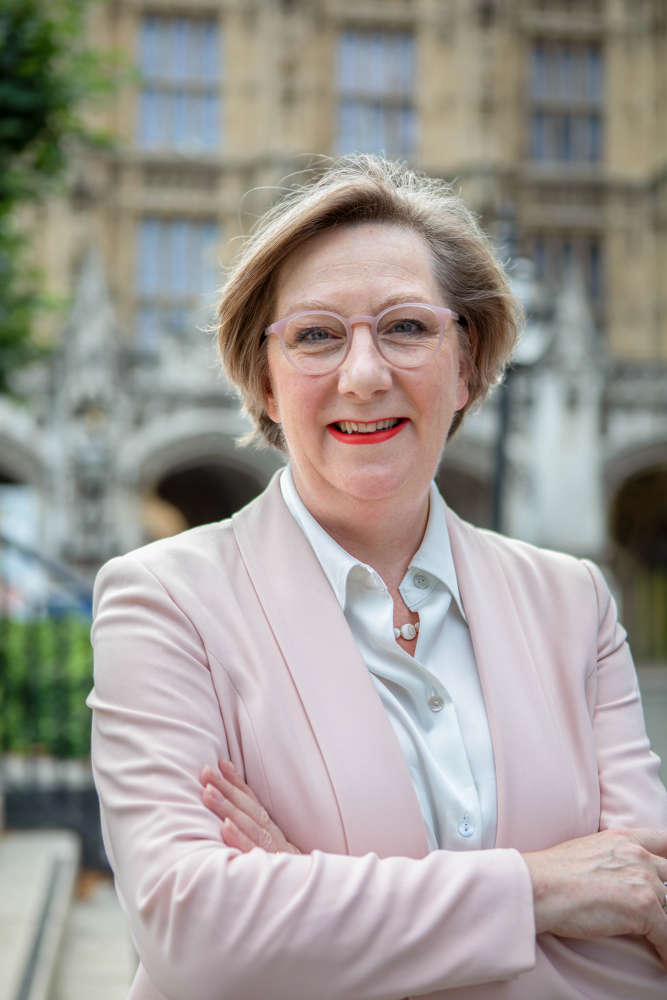 Local MP Welcomes Grassroots Sport Funding Boost for Chester North and Neston
Local MP Welcomes Grassroots Sport Funding Boost for Chester North and Neston
 CELEBRATE THE MUSIC OF THE MOVIES WITH SPECTACULAR CONCERT AT CHESTER CATHEDRAL
CELEBRATE THE MUSIC OF THE MOVIES WITH SPECTACULAR CONCERT AT CHESTER CATHEDRAL
 CATHEDRAL SET TO HOST SPECTACULAR PHILHARMONIC OPERA GALA
CATHEDRAL SET TO HOST SPECTACULAR PHILHARMONIC OPERA GALA
 CURTAIN SET TO RISE ON PREMIERE OF VIDEO GAME THEMED PLAY
CURTAIN SET TO RISE ON PREMIERE OF VIDEO GAME THEMED PLAY